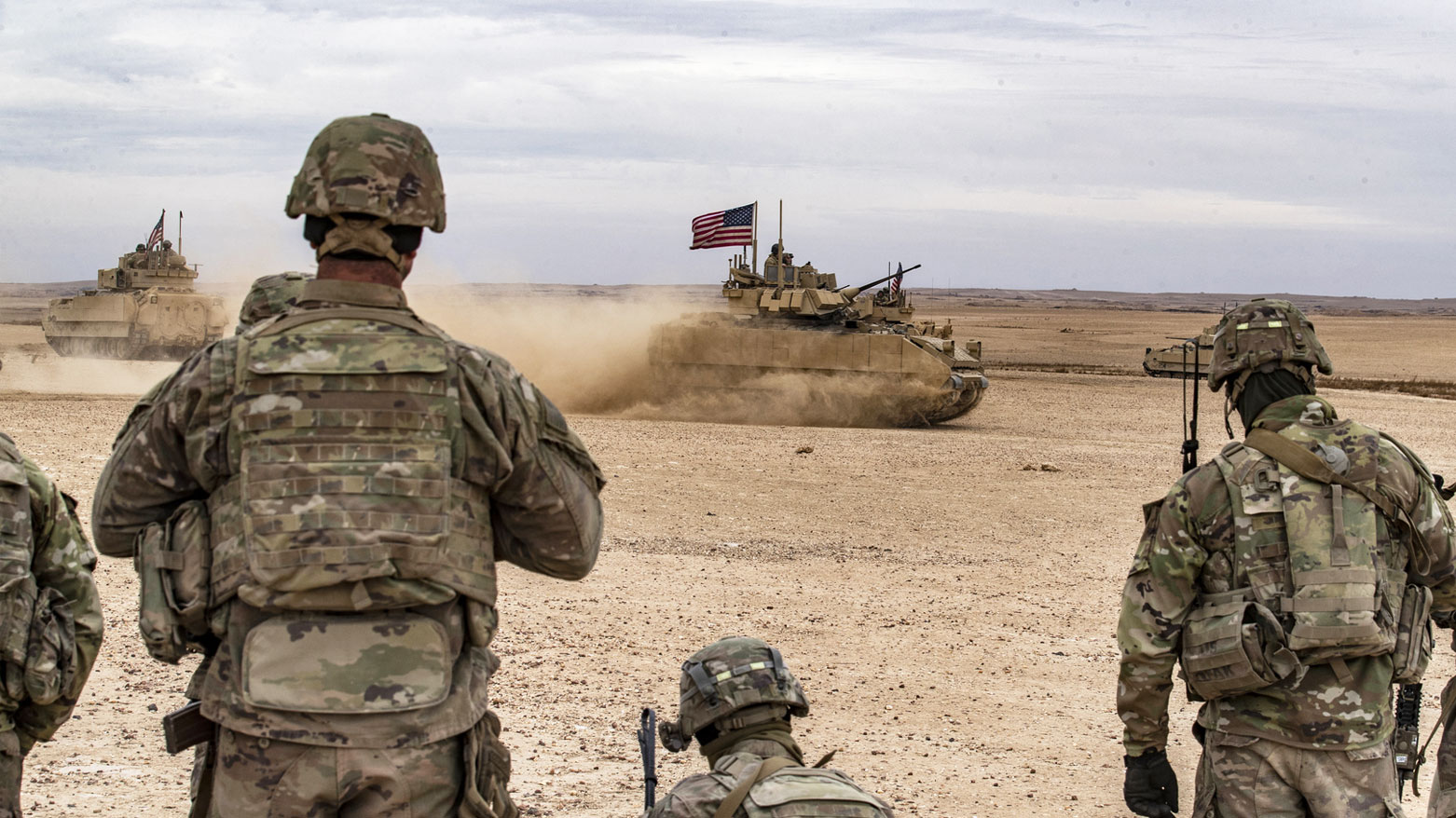'Coalition Forces Still Key to Iraqi Security,' Iraqi MP Asserts
An Iraqi lawmaker says the U.S.-led coalition remains essential to Iraq’s air defense, citing ongoing regional threats and insufficient aerial capabilities. MP Yaser Wattout stressed the need for coalition support despite efforts to modernize Iraq’s air force.

By Kamaran Aziz
ERBIL (Kurdistan24) – The Iraqi Parliament’s Security and Defense Committee has underscored the necessity of maintaining the presence of the U.S.-led international coalition forces in Iraq, citing critical gaps in the country’s air defense capabilities and ongoing regional security threats.
In remarks delivered to the media, Committee member MP Yaser Iskandar Wattout stressed that Iraq remains in “urgent need of substantial logistical and aerial support to safeguard its airspace,” particularly along borders shared with neighboring countries. He warned that Iraq’s current air defense infrastructure is insufficient to ensure comprehensive monitoring and protection.”
Wattout noted that while Iraq’s ground-based security architecture has improved, particularly along the Syrian border, aerial surveillance and defense continue to rely heavily on coalition support. “The security efforts undertaken by the Ministry of Interior and the Border Forces, backed by security agencies, have succeeded in tightening control over the border strip with Syria,” he stated. “However, air cover remains essential to reinforce regional stability.”
The lawmaker described the coalition’s advanced air fleet as a vital strategic asset, echoing sentiments expressed by Iraqi Defense Minister Thabet al-Abbasi, who, a day earlier, reaffirmed the coalition’s role in protecting Iraqi airspace.
Wattout also highlighted recent efforts to modernize Iraq’s air force, including government contracts to acquire 14 new aircraft. However, he emphasized that these acquisitions fall short of fully addressing Iraq’s security needs. “A dedicated budget must be allocated to support the Ministry of Defense and to train new, qualified personnel for the air force,” he said.
The remarks come amid broader discussions about the future of foreign military forces in Iraq and the evolving nature of Iraq’s defense posture in response to both internal and external challenges.
